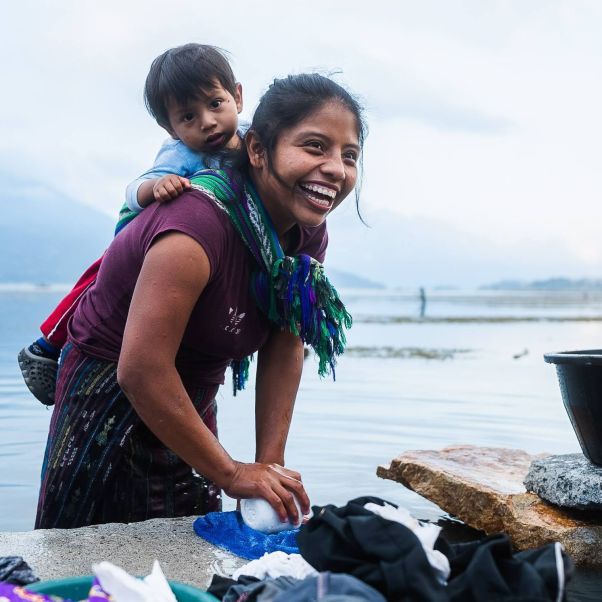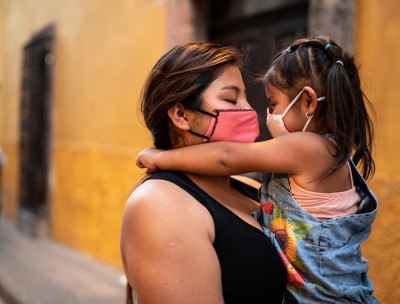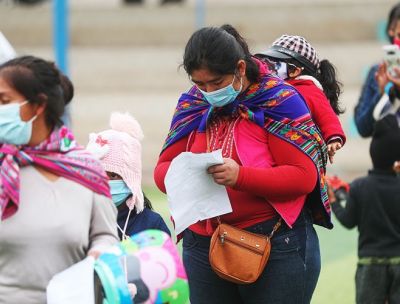OHCHR and the human rights dimension of poverty

About extreme poverty
Extreme poverty is currently measured as people living on less than 1.90 USD a day. This economic deprivation – lack of income – is a standard feature of most definitions of poverty. But it does not take account of the social, cultural and political impact of poverty. Besides deprivation of economic or material resources, poverty is also a violation of human dignity.
No social phenomenon is as comprehensive in its assault on human rights as poverty. Poverty erodes economic and social rights such as the right to health, adequate housing, food and safe water, and the right to education. The same is true of civil and political rights, such as the right to a fair trial, political participation and security of the person.
A human rights definition and understanding leads to more adequate responses to the many facets of poverty. This fundamental recognition is reshaping the international community’s approach to the next generation of poverty reduction initiatives. Importantly, it looks not just at resources but also at the capabilities, choices, security and power needed for the enjoyment of an adequate standard of living and other fundamental civil, cultural, economic, political and social rights.
Our work on poverty
As the UN system-wide focal point for human rights, we promote broader understanding of poverty and it multifaceted dimensions and linkages with human rights, as recognized by the UN Guiding Principles on Extreme Poverty and Human Rights. We work to address growing inequalities and discrimination that are both causes and consequences of poverty in all parts of the world.
In addition to supporting the work of UN human rights mechanisms including the Special Rapporteur on extreme poverty and human rights, we work with our UN sister agencies and programmes to integrate human rights-based approaches into efforts to achieve Sustainable Development Goals and the 2030 Agenda for Sustainable Development.
As the international community embarks on the Third Decade for the Eradication of Poverty, we continue to promote and advocate for the realization of the right to development and economic and social rights through people-centred development, international cooperation and inclusive global governance.
Latest reports
Videos
SDG Media Zone, 14-16 July 2020: Sustainability, Solidarity, Solutions
14 July 2020
International Day for the Eradication of Poverty 2018
17 Oct 2018


